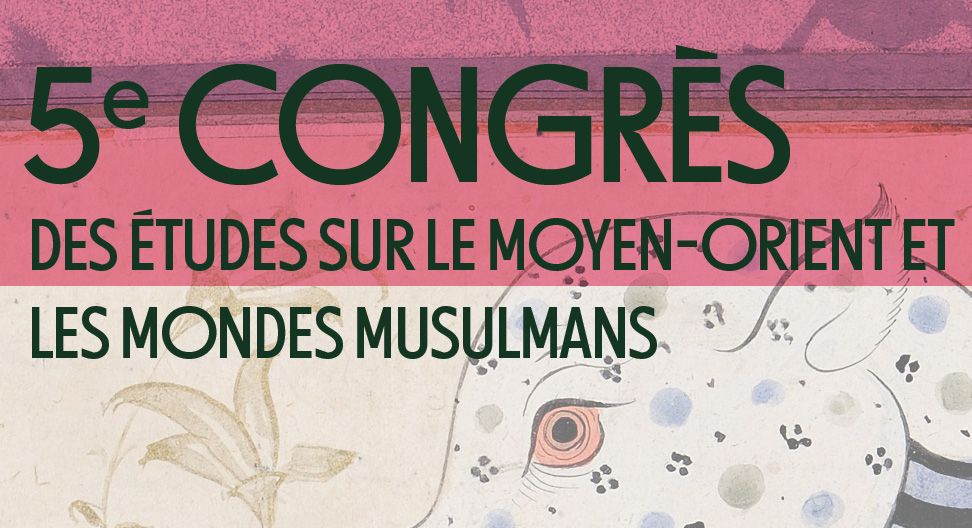
11h-13h > Identity and Materiality in the Ottoman EmpireIdentity and Materiality in the Ottoman Empirejeu 13 juil 23 Abstract: While the Late Ottoman period (18th-20th centuries) was well documented and enveloped by contemporary writings, it is considered by many to be ‘modern’ and has historically been dismissed as not being worthy of archaeological attention. The written text indeed provides invaluable descriptions of material culture, but archaeology is a necessity for creating a truly holistic and widely informed understanding of the period and the people who lived at that time. This panel explores the issue of identity and materiality through the lens of archaeology in a regionally comparative manner. Each panellist will present an engaging case study of a different part of the empire: but true recognition of the human experience in the service of the Sultan will be through the presentation of all four case studies. The first session will discuss the ceramic material culture of the Sanjak of Tirhala, modern-day Greece, in the late 19th century. Next, the impact of the empire shaking Tanzimat reforms on rural Transjordan will be examined. We will dedicate a panel to understanding the consumption of tobacco products and production of pipes in Iraqi Kurdistan, and finally, we will discuss the rapid rise and fiery fall of the Hijaz Railway, the Ottoman Empire’s last great imperial and religious endeavour. All case studies focus on frontiers of the empire, regions inhabited by populations who aspired for greater autonomy from the Ottoman Empire and involved in pivotal moments in those last centuries of Ottoman rule. Convenor: Nikolaus Hochstein Cox, University of Bonn Lauren Erker, University of Bonn Anastasia Thamnopoulou, University of Bonn Nolwenn Guedeau, University of Bonn, Aix-Marseille Université |

